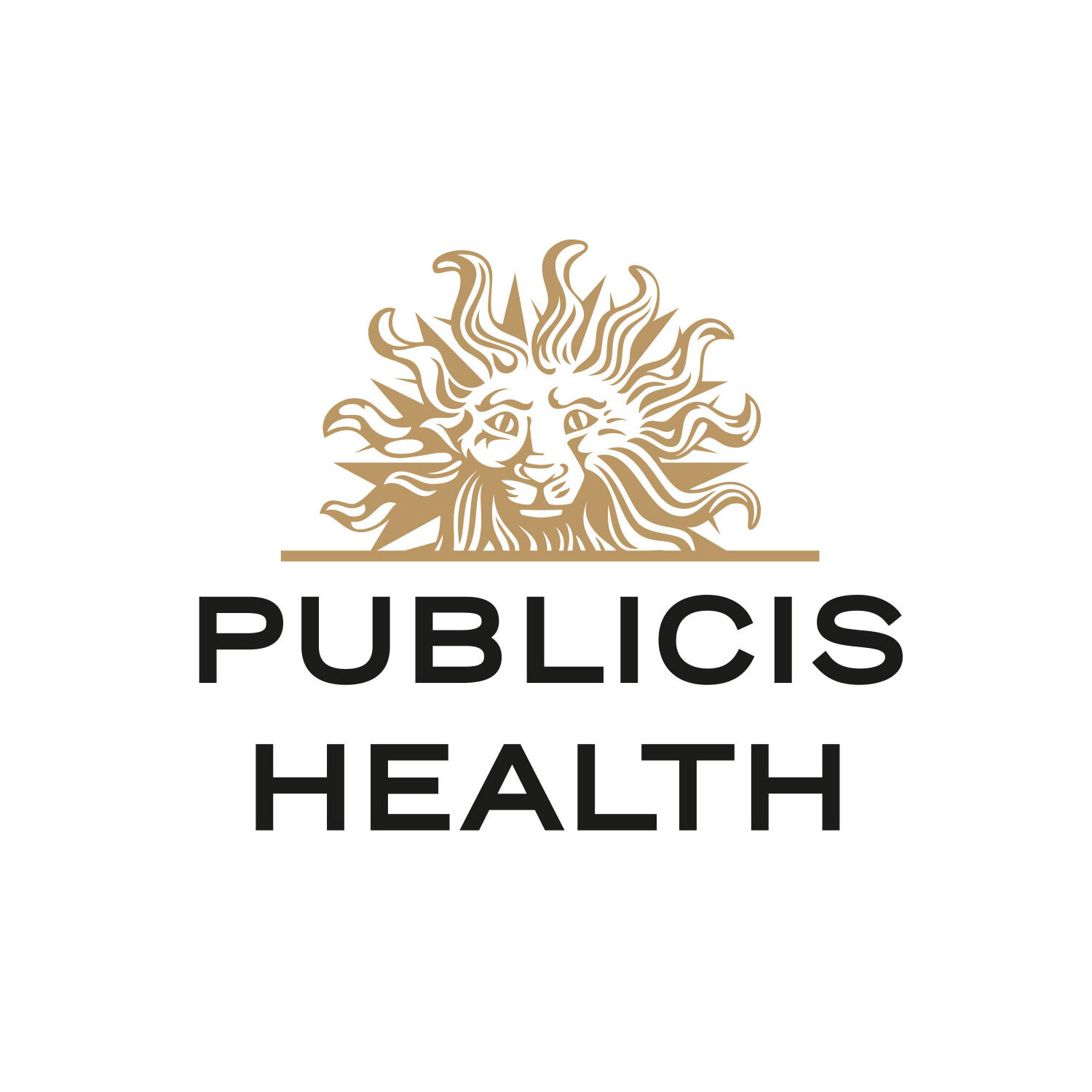HOW I FOUND MY PURPOSE IN THE WORKPLACE: MY MENTAL HEALTH JOURNEY
By Gabriella Basile, Senior Global Growth Manager, Publicis Health
When I was in fourth grade, I began having severe panic attacks at school — I was suffering from Panic Disorder with depersonalization and derealization. With these panic attacks, my legs would go completely numb. Everything sounded muffled. I felt as though I was completely outside of my own body. My surroundings felt unfamiliar. My heart felt like it was beating right out of my chest. But as a 9-year-old, it was next to impossible to explain how I was feeling. I had these “episodes” multiple times a day at school. After a while, my teachers started to think I was faking it to just get out of class. My classmates also bullied me and claimed I was simply making it all up for attention. Based on these reactions, I started to believe I was a “crazy person.”
During this time, my parents tried everything. They took me to countless doctors and specialists where I was tested for just about everything — even a possible brain tumor. However, my brain scans and blood test results came back normal. As a result, the doctors didn’t necessarily understand me and spoke mostly to my parents. When I would say things like, “I can’t feel my legs” or “I can’t hear anything.” Despite my discomfort, they would just pat my arm and look to my parents for explanation. I thought everyone in my life believed I was making these feelings up, making me feel neglected, terrified and alone. It was a traumatizing part of my life that still impacts me today as an adult.
Once I reached high school, I was again faced with high levels of anxiety and depression. However, at that point, I started to understand my episodes and the driving factors behind them. But I never sought help in fear of my past experiences — I thought people would say I was losing my mind. I felt guilty for being depressed. On paper, there was nothing wrong in my life. I had no real struggles and a loving family that cared for me. It simply did not add up.
Flash-forward to college. I was enrolled in an interpersonal communication class with a professor who was conducting in-depth research on doctor-patient communication. Our assignments focused on reading transcripts of conversations between doctors and patients. It was truly eye-opening to learn just how much is misdiagnosed or not diagnosed at all due to a lack of communication in the doctor’s office. After many “ah-ha” moments in the classroom, I finally realized it wasn’t just 9-year-old me who couldn’t describe her symptoms clearly.
It still wasn’t until after college I sought out a therapist. My debilitating depression had once again reared its ugly head, but seeking help made a world of difference. It was liberating to finally have a diagnosis other than allegedly “crazy.” My condition had a real name and real science behind it. However, the best part was the treatment options readily available to bring on a full-circle healing process.
Soon after this discovery, I interviewed for a job at Publicis Health. As I was doing research into the company, I learned one of its agencies, Verilogue, conducted research on doctor-patient communications through recording exam room conversations. I came upon a few of its case studies and I was truly amazed with the findings, especially for pediatric patients who lacked clear understanding and proper communication skills. The research gave me hope that one day, children would have the support and tools needed when discussing mental illness to healthcare professionals.
Today, I’ve been at Publicis Health for four years and my employee pride is constantly reinforced. Last year, our CEO decided our corporate social responsibility initiatives would focus on mental health. As a result, we built a partnership with the National Alliance on Mental Illness (NAMI), shining a light on an often-stigmatized topic. I’m proud to work at a place that fights the stigma and openly addresses mental health issues. The push for total wellness — mind, body, and soul — is felt throughout our offices, and it trickles down to our work as well. Publicis Health is making the world a better place by opening the door for future generations to start the conversation about mental health. Through having a voice in this conversation, I’ve found my own purpose.
Gabriella is the Senior Global Growth Manager at Publicis Health. Follow her on LinkedIn.

